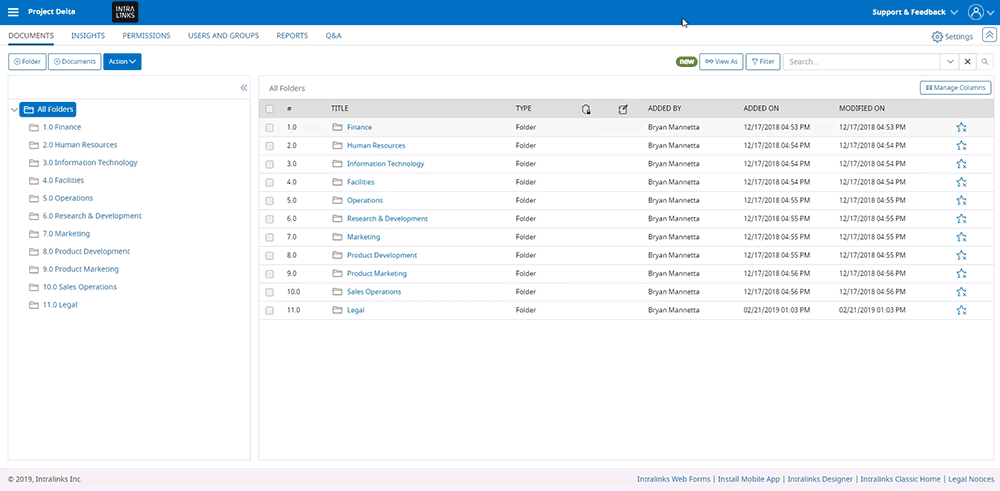“We will transform the way transportation contracts are reviewed and negotiated, making the process accurate, accessible and affordable.”
Objective.
To make contracts easy! By combining proprietary, technology-enabled contract review software, industry expertise and accessible, affordable service solutions, we will transform the way transportation contracts are reviewed and negotiated, making the process accurate, accessible and affordable.
TRANSPORTATION CONTRACT AI
TRANSPORTATION CONTRACT AI allows you to easily identify the key economic, insurance and risk related terms of Shipper-Carrier, Broker-Carrier, Broker-Shipper agreements (more to come).
Includes embedded Help Text and sample language that allow you to understand many of the complex concepts found in these common agreements and the risk they may pose to your business
TRANSPORTATION CONTRACT AI+
TRANSPORTATION CONTRACT AI+ contains all of the benefits of TRANSPORTATION CONTRACT AI, PLUS:
A more comprehensive list of concepts
The ability to customize settings and Help Text to your business (for an additional fee)
Access to a document abstract that clearly summarizes found and missing provisions
Access to additional agreement types you might commonly
















